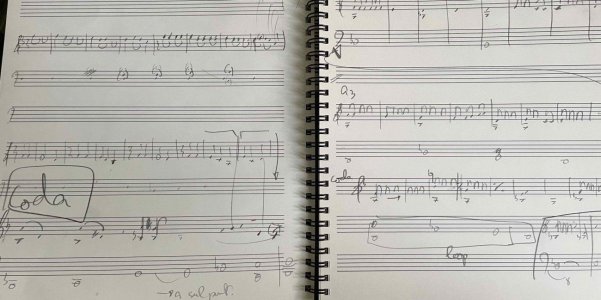IMO, my best work starts on paper. Then transfer to the DAW as needed. I don't always start on paper, but as others have said, it imposes fewer restrictions / headaches in the moment. There is no searching for patches, mixing decisions, crashes, tech issues, etc.
Everything
@JohnG said above is spot on.
One middle approach is to compose in the DAW using only a piano to start (I often have 4-5 piano tracks to split up different parts in preparation for orchestration)
The only exception to all this, is if your writing style is very sound-design / synth focused. Yes, you can imagine the sound in your head but you will have to find that sound in your DAW to realize it.
Traditional composition, on the other hand, is easier away from the computer because I know what those instruments do and how to notate their parts, and I am free from the "this string library doesn't sound good with this phrasing so I'll change how I write." mode of thought. I just write freely.
A personal example, I often imagine phrases with several repeated notes; let's say a rising triad of C-E-G, then hold G and re-bow it a few times before moving on. Well...in my experience samples are awful for this type of phrasing where there are many re-bows on a note. So often my DAW writing favors melodic lines where (mostly) every successive note is different.
Picture Vaughan Williams's Fantasia on a Theme by Thomas Tallis. The opening string section has so many re-bows in that melody which are great in real life, but not so great with sampled strings. You either get that "sucking" effect of the slow attack where you re-start the sustains for each note, and/or you get the machine gun effect of every sustain being the same (most libraries don't have RR longs, and I don't think the ones that do have very many RRs - it would take up a huge amount of HDD space)




 haha... this is the more romantic side coming out.
haha... this is the more romantic side coming out.

